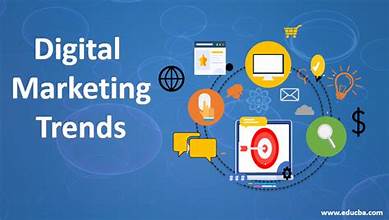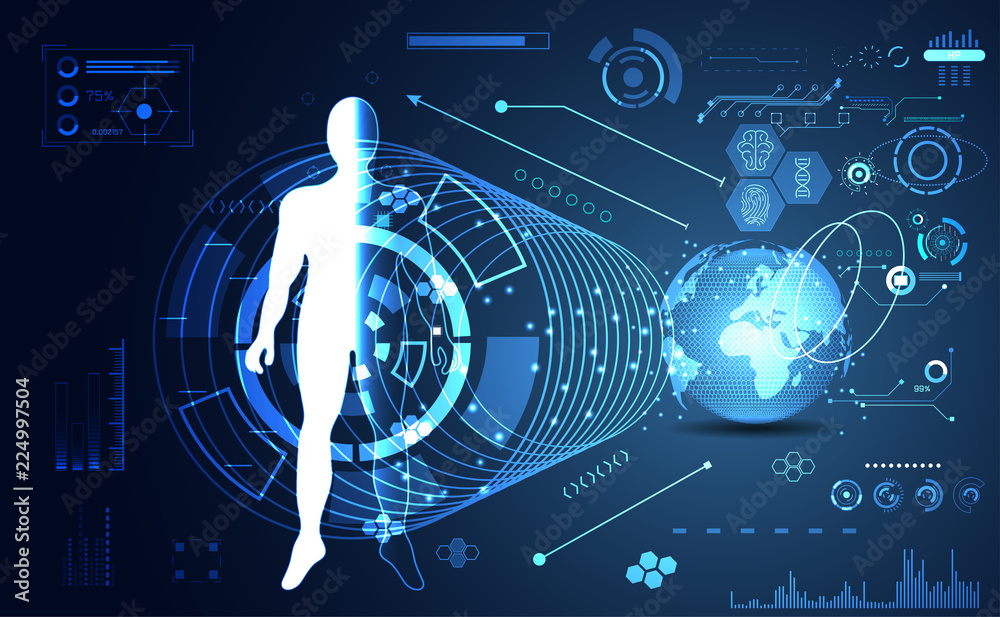Top 10 Artificial Intelligence Tools You Should Be Using Right Now

Artificial Intelligence (AI) is transforming various industries, providing innovative solutions to complex problems and automating routine tasks. Here’s a list of top AI tools that you should consider integrating into your workflow to enhance productivity, creativity, and efficiency.
1. TensorFlow
TensorFlow, developed by Google Brain, is an open-source library that allows developers to build and train machine learning models. It’s widely used for applications such as speech recognition, image recognition, and natural Artificial Intelligence language processing.
Features:
Comprehensive, flexible ecosystem of tools, libraries, and community resources.
Supports deep learning and neural network projects.
Scalability for large datasets and complex models.
2. PyTorch
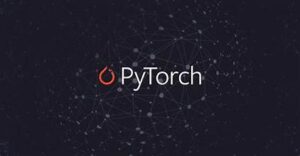
PyTorch, created by Facebook’s Artificial Intelligence Research team, is an open-source library for machine learning. It’s popular for its ease of use and flexibility, making it a favorite among researchers and developers.
Features:
Dynamic computational graph support.
Strong support for GPU acceleration.
Extensive library for computer vision, natural language processing, and more.
3. Hugging Face Transformers
Hugging Face provides state-of-the-art NLP models that can be easily integrated into applications. Their transformers library is particularly popular for tasks like text generation, translation, and summarization.
Features:
Pre-trained models for various NLP tasks.
Easy integration with TensorFlow and PyTorch.
Extensive community support and documentation.
4. OpenAI GPT-4
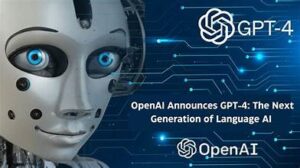
OpenAI’s GPT-4 is a powerful language model that can generate human-like text, making it useful for a variety of applications such as chatbots, content creation, and language translation.
Features:
Advanced natural language understanding and generation.
Customizable for specific tasks and domains.
Supports integration with various platforms and applications.
5. Keras
Keras is a Python-based, open-source library for neural networks. It’s user-friendly and modular, making it a great choice for beginners and those who want to quickly prototype and experiment with deep learning models.
Features:
High-level API for building and training models.
Compatible with both TensorFlow and Theano as underlying engines
Extensive support for convolutional networks and recurrent networks.
6. Scikit-learn
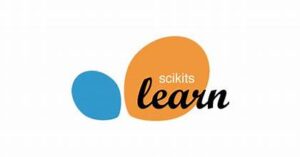
Scikit-learn is an open-source Python library for machine learning, offering straightforward and effective tools for data mining and analysis. It is developed on top of NumPy, SciPy, and matplotlib.
Features:
A diverse selection of algorithms for tasks such as classification, regression, clustering, and beyond.
Tools for model selection, validation, and preprocessing.
User-friendly and well-documented.
7. IBM Watson
IBM Watson offers a suite of Artificial Intelligencetools and services for businesses. Its capabilities range from natural language processing and machine learning to data analysis and computer vision.
Features:
Comprehensive suite of AI tools and APIs.
Integration with IBM Cloud and other platforms.
Industry-specific solutions and customizable models.
8. Google Cloud AI Platform

Google Cloud Artificial Intelligence Platform provides a range of AI and machine learning tools for developers and data scientists. It allows for building, deploying, and managing machine learning models at scale.
Features:
Scalable infrastructure and integrated toolset.
Support for TensorFlow, PyTorch, and other frameworks.
Pre-trained models and AutoML capabilities.
9. Azure Machine Learning
Azure Machine Learning by Microsoft offers a robust platform for developing, deploying, and managing machine learning models. It’s designed to work seamlessly with other Azure services.
Features:
End-to-end machine learning lifecycle support.
Collaborative environment for data scientists and developers.
Integration with Azure cloud services and resources.
10. DataRobot

DataRobot is a business-oriented Artificial Intelligence platform designed to streamline the creation and deployment of machine learning models. It’s designed to make AI accessible to business users and data scientists alike.
Features:
Automated machine learning (AutoML) capabilities.
Resources for data preprocessing, model creation, and implementation.
Support for various data types and industry applications.
Conclusion
These AI tools provide powerful capabilities to help you leverage artificial intelligence in your projects. Whether you’re a developer, data scientist, or business professional, integrating these tools can enhance your productivity, improve decision-making, and drive innovation.


